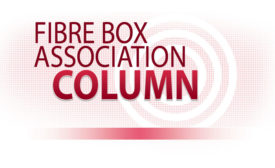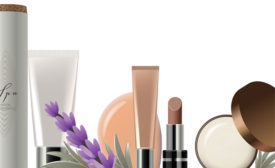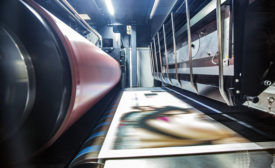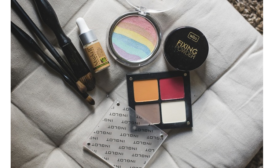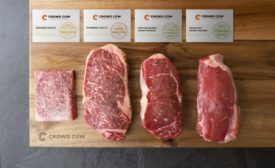Paperboard/Corrugated/Cartons
Brand Packaging: Consumer Trends
Top Trends Driving Branding and Packaging
Consumer trends are the driving force behind packaging innovations in the marketplace.
July 16, 2019
Brand Packaging: Pet Food Packaging
Tapping Into the Values of Millennial & Gen Z Pet Parents
Eco-friendly, quality and convenience are what the new generation of consumers expect from brands and packaging.
July 15, 2019
Spotlight Feature
Digital Printing: A Packaging Revolution
Digital printing has a role to play for the future of packaging, opening the door to exciting and creative opportunities.
July 11, 2019
Mitigating Risk Through Research
How consumer perceptions of packaging can influence your product’s success.
July 10, 2019

